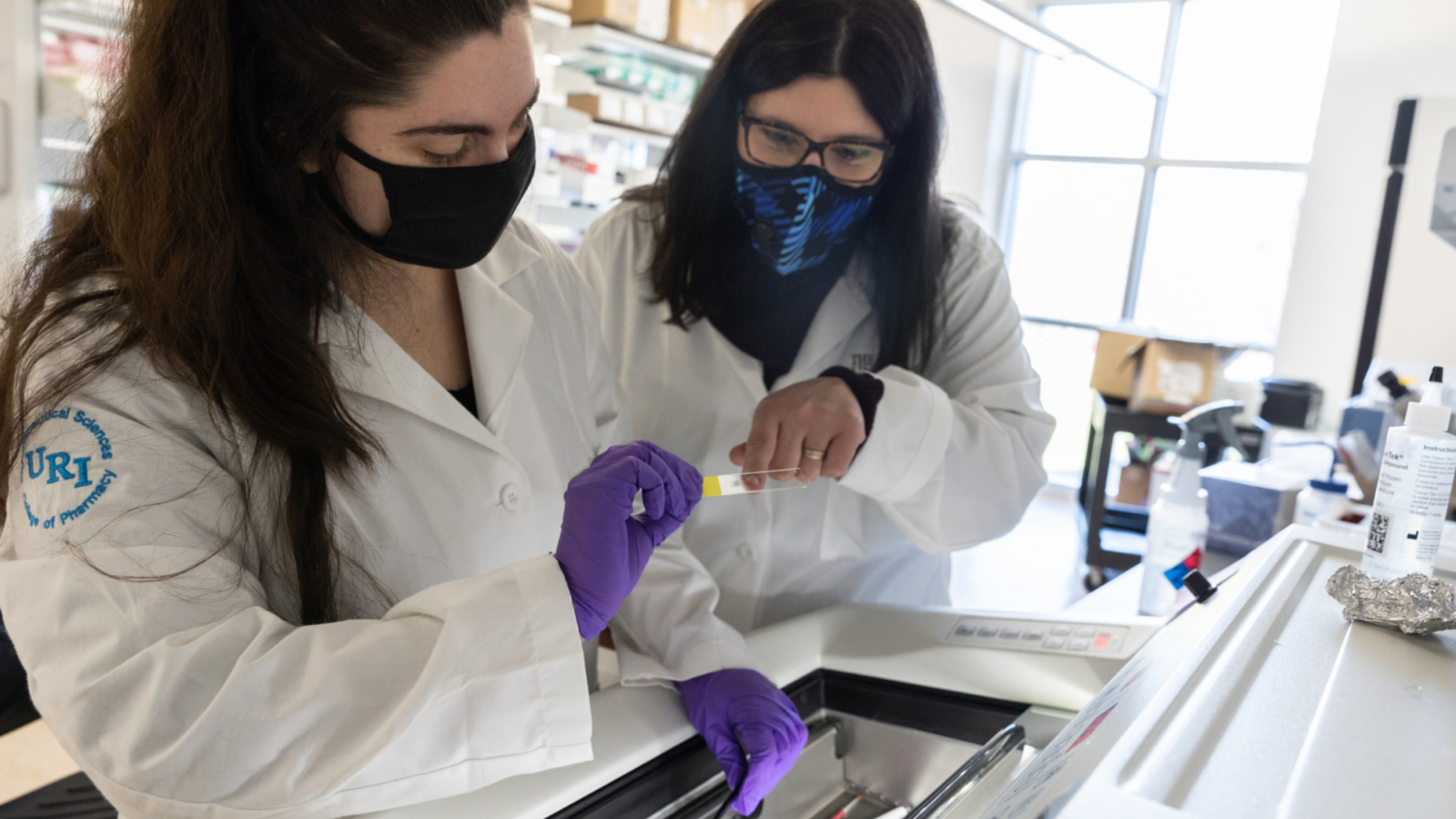
Media release
Study looks at jump-starting RI’s life sciences, biotech sectors
The plan uses the successful Massachusetts Life Sciences Center and MassBio organizations as model
A number of recommendations aimed at jump-starting the life sciences and biotech sectors in the Ocean State are included in a new study commissioned by the Rhode Island Foundation.
"We are pleased to be a catalyst in bringing in experts to determine Rhode Island’s potential and to develop realistic strategies for scaling up the industry here," said Neil D. Steinberg, the Foundation's president and CEO.
The “Rhode Island Biotech and Life Sciences Plan” was done at the request of House Speaker K. Joseph Shekarchi. The author, Damon Cox, is on the Board of Advisors of MassChallenge, a Boston-based start-up accelerator; and a former assistant secretary of technology, innovation and entrepreneurship for the state of Massachusetts. The plan was commissioned following a broader look at the potential for growing life sciences and biotech sectors in Rhode Island that was presented to Speaker Shekarchi among other state leaders earlier this year.
The earlier study -- “The Life Sciences Opportunity for Rhode Island: Roadmap and Recommendations” -- found that while Rhode Island ranked below average on core measures such as the availability of venture capital, funding from the National Institute of Health increased 7 percent from 2020 to 2021, demonstrating the state’s strength in attracting federal funding for the sector. The study, which was authored by Travis A. McCready, former President and CEO of the Massachusetts Life Sciences Center; and Bob Coughlin, former CEO of MassBio; who are now executives at JLL U.S. Life Sciences, also noted that the state scored high compared to other small life sciences markets.
“This is a great opportunity for Rhode Island. We have to work collaboratively and look ahead for the next generation. We need to bring academia, industry, hospital systems and state government together to grow our economy, but more importantly, to create therapies that improve lives,” said Speaker Shekarchi.
Among the recommendations in the “Rhode Island Biotech and Life Sciences Plan” are creating a new quasi-public agency -- dubbed the Rhode Island Biotech and Life Sciences Hub – to support the growth of life sciences and biotech; enhancing partnerships with institutions of higher education, such as Rhode Island College, Brown University and the University of Rhode Island, as well as K-12 public schools to improve workforce development; and creating a multi-million-dollar investment fund to help early-stage companies grow, attract talent and create jobs.
In addition, the plan envisions partnerships with RI Commerce and RIBio and calls for increasing participation rates of women and the Black and Latino communities in the life science and biotech sectors.
“This is an opportunity to move beyond the sector’s modest success here. To thrive, there must be collaboration across government, the private sector and academia. The efforts must be broad, synergistic and inclusive and can provide many diverse workforce opportunities,” said Steinberg.
The Rhode Island Foundation is the largest and most comprehensive funder of nonprofit organizations in Rhode Island. Working with generous and visionary donors, the Foundation raised $98 million and awarded $76 million in grants last year. Through leadership, fundraising and grant-making activities, often in partnership with individuals and organizations, the Foundation is helping Rhode Island reach its true potential.



